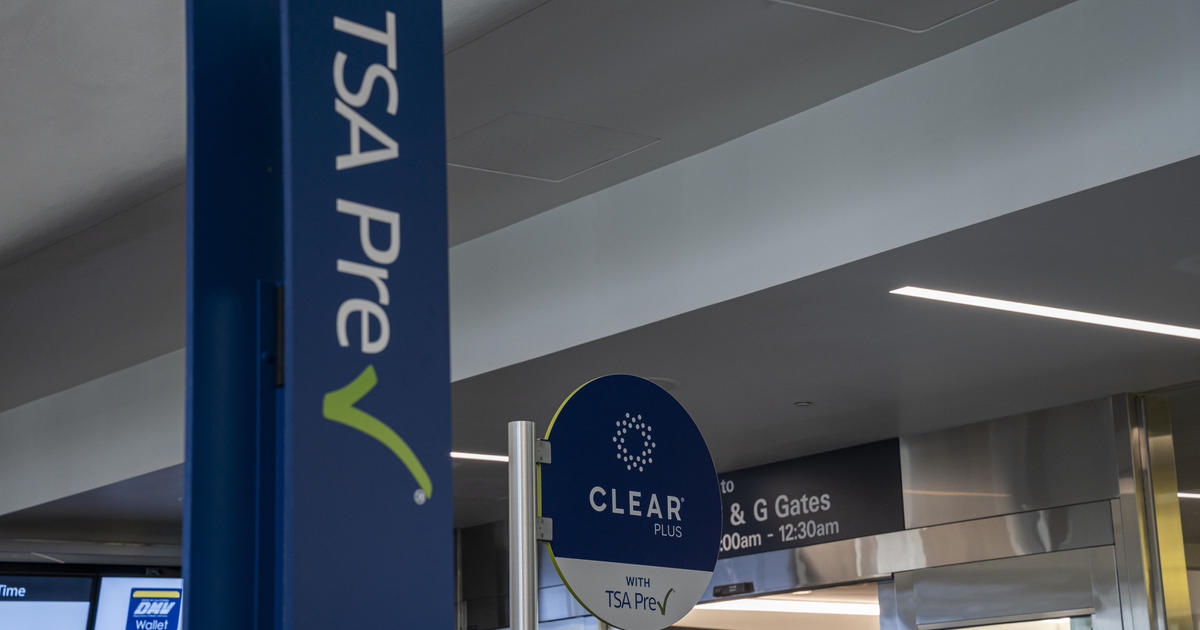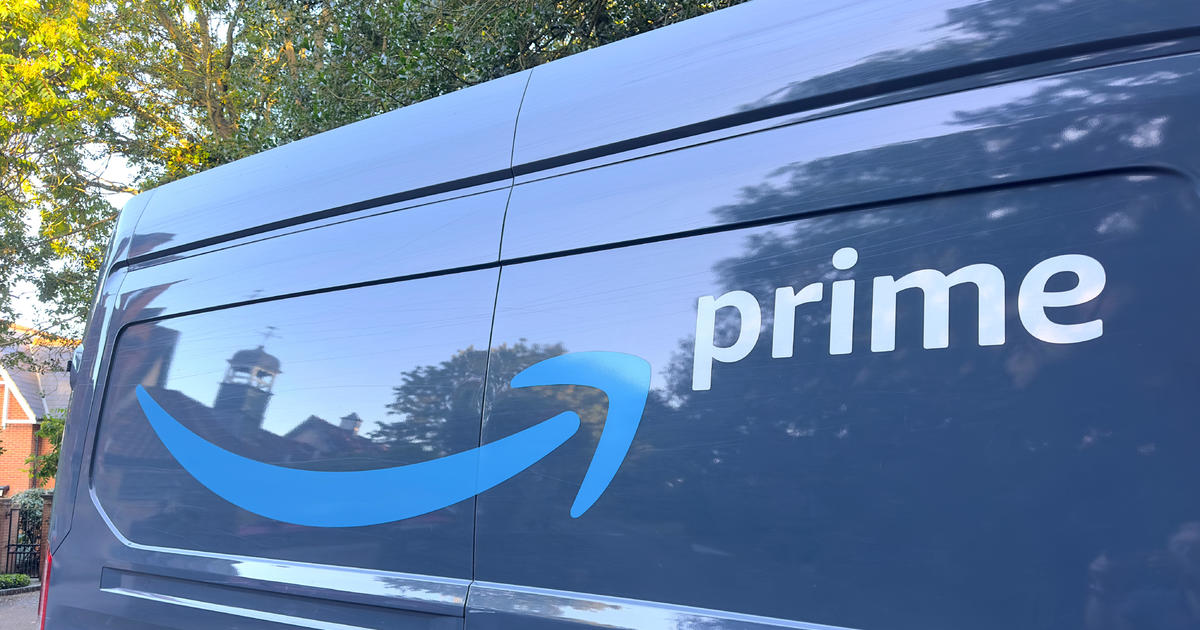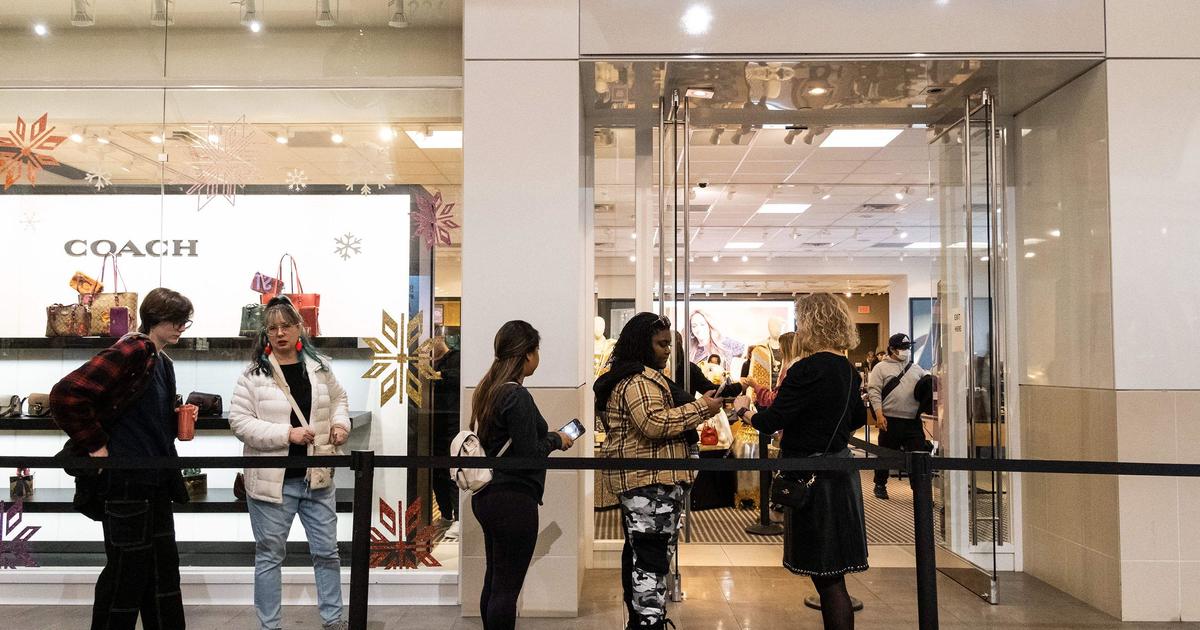Jobless claims edge down as U.S. economy slowly heals
The number of Americans applying for unemployment benefits dipped slightly last week, a sign the labor market has yet to fire on all cylinders.
Roughly 411,000 people filed jobless claims for the first time in the week ending June 19, the Department of Labor said Thursday. That was down from 418,000 the previous week. Another 105,000 filed for Pandemic Unemployment Insurance, a federal program for self-employed people and gig workers.
"For businesses, labor shortages remain an issue as a ramping up of activity is resulting in supply/demand imbalances," Rubeela Farooqi, chief U.S. economist with High Frequency Economics, told investors in a research note.
Although the decline in first-time jobless claims has stalled, continuing claims have fallen to their lowest level since March of 2020, when the coronavirus took hold in the U.S.
"[T]hese frictions should ease as health concerns subside, schools reopen and enhanced benefits end," Farooqi said.
The number of initial claims — a proxy for layoffs — has dropped this year since reaching nearly 1 million a week in January.
With many employers desperate to hire, some states are starting to cut off pandemic-related unemployment aid programs in response to business complaints that the assistance is making it harder for them to find workers.
Starting this month, 26 states will end an extra $300 weekly federal unemployment payment, and 22 of those states will also cut off all jobless assistance to self-employed, gig workers, and those out of work more than six months. The extra $300 ends nationwide on Sept. 6.
Economists at Bank of America have estimated that those who earned less than $32,000 a year at their previous jobs can receive more in jobless aid with the extra $300. At the same time, the federal government last year set up two unemployment benefit programs that covered millions of self-employed and contract workers for the first time.
Four states — Alaska, Iowa, Mississippi, and Missouri — stopped providing the $300 payment last week. All but Alaska also cut off the two programs that covered the self-employed and the long-term jobless. In Iowa, Mississippi, and Missouri, about 163,000 people are no longer receiving jobless aid because of the cutoff.
Forecasters predict "hot" economic growth
U.S. employers added a solid 559,000 jobs in May, with hiring bolstered by renewed consumer spending and business investment as COVID-19 infections decline. Employers posted a record 9.3 million job openings in April, close to the number of unemployed Americans in the workforce.
Such indicators have many forecasters predicting an acceleration in economic growth in the months ahead.
"The summer will be hot for the U.S. economy," Lydia Boussour of Oxford Economics said in a report Thursday. "As the health situation continues to improve, consumers sitting on piles of savings will give into the urge to splurge on services and experiences they felt deprived off during the pandemic. This will translate into a historic burst in consumption and fuel the fastest annual GDP advance since 1951."
The economy grew at a robust annual rate of 6.4% in the first three months of the year. Some economists think the nation's gross domestic product could expand at a rate of more than 10% in the second quarter.



